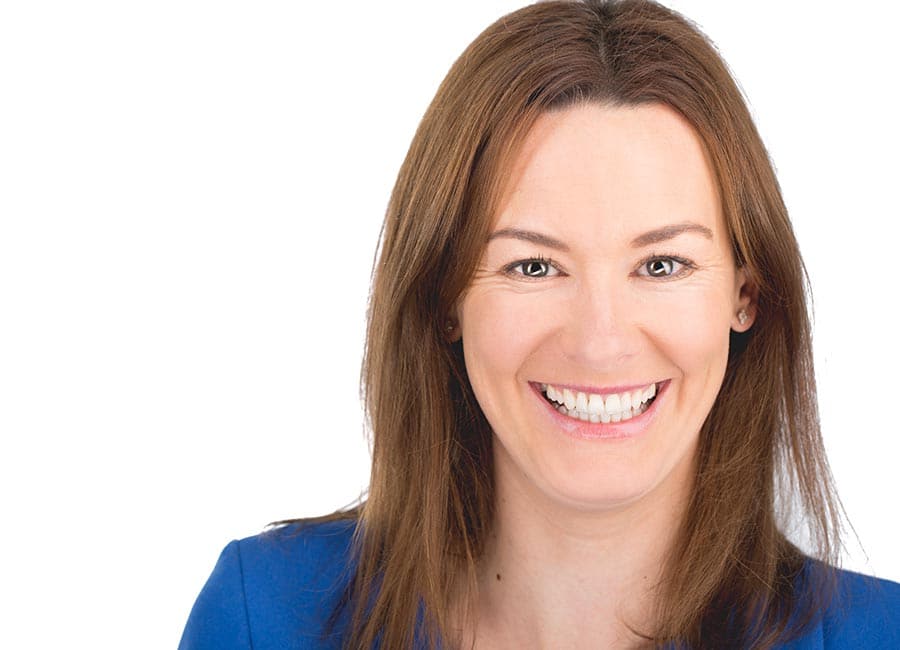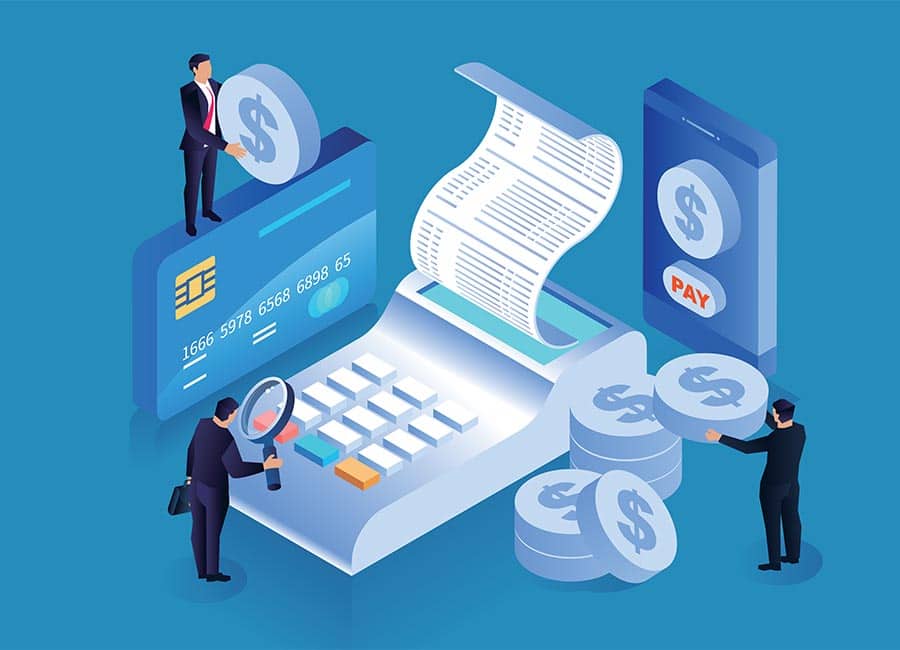Recruiter Kate Flanagan explains to Emily Styles why demand for tax advisers often outstrips supply
Trained through Big 4, Kate Flanagan qualified in tax in 2006 and spent a number of years in both practice and industry before moving to recruitment in 2010. She is a founding member of the Barden tax and accounting recruitment practice in Dublin.
How has trading been for Barden in the past year? What tax roles are hardest for employers to fill?
This has been a particularly busy year for Barden as employers ramped up their recruitment activity as normal business activity resumed. Whilst buoyant, it has been an extremely tight market, with candidate shortages being felt by employers looking to recruit tax and accounting professionals.
Tax and accounting opportunities at part qualified and recently qualified level are the hardest roles to fill simply due to the level of demand for these professionals and under supply of available candidates.
The tax market in general – across all levels and all specialisms - has experienced a challenging year in competing for talent as many firms and companies look to expand their tax teams due to the changing tax landscape.
How is current market demand for early career tax talent?
Demand has levelled out, though it still remains a highly competitive market as employers seek the best graduate talent. As more firms engage in graduation programmes outside of the traditional practice route, accounting and tax firms need to really sell their offering to this generation of ambitious graduates who want more than just a qualification.
Demand for PQE tax talent has ebbed and flowed within practice and industry. Overall, there’s a higher demand for PQE across the practice space as many teams are expanding due to increased workloads and requests from clients.
Is the education supply funnel sufficient to meet market demand for tax expertise?
It’s within an accounting or business degree where college students take up a tax module and then decide to pursue a career. The influence of the ‘milk round’, when firms come into colleges to sell their grad programmes, is often the time where a BComm or Finance business grad decides to tick the tax specialism, either because of a genuine interest in tax or simply because they don’t want to do audit!
The graduation experience has changed significantly in recent years and business grads are looking beyond the typical post grad route. Equally firms are tapping into the non-business grads to enter a career around consulting, IT and people advisory. So I think it’s fair to say the funnel currently operating may never meet market demand for tax expertise.
In the private sector, are tax specialists common or are in-house finance staff expected to come with tax expertise?
It depends on the size of the company. Multinationals and large indigenous companies generally have in-house tax functions with tax specialisms across most areas. There is strong demand for tax professionals in these companies due to the changing nature of the global tax landscape.
Smaller companies typically rely on external advisers to manage their compliance and advisory matters. Some of the compliance work tends to be performed by in-house finance staff, particularly for indirect taxes.
Regardless of whether a company has an in-house tax function, it would be expected that senior management – financial controller, CFO etc. - have a handle on tax matters and understand, from a high level, the risk of any potential liabilities from a tax perspective.

Whether in practice or industry, do tax specialists generally stay the course?
Once a tax professional gains post qualification experience within their specialism, the majority tend to stay within that field, be it within their training firm, another firm or out in the corporate sector. For some, if they progress in terms of seniority, many will end up moving out of the tax function and take up the role of CFO or CEO.
Tax is an integral part of any organisation and will give tax professionals exposure to senior management and leadership, therefore providing a route to promotion to senior and executive positions.
The risk of losing a tax professional to another field tends to happen at the newly qualified level where there hasn’t been a chance yet to specialise. We would see many recently qualified tax professionals take up positions as accountants, financial analysts, auditors and business advisory consultants across the firms and MNCs.
How often in their careers do tax professionals switch employer?
Not too often! As tax is such a specialist area, it tends to take some time to get to grips with the area and firm, so for many a move is not taken lightly. Furthermore, as tax professionals are in such demand, career progression is usually offered, along with higher compensation packages in order to retain people.
In saying that, a tax professional with training completed in a practice and across the corporate sector could see themselves move four to five times in their career as they progress up the ranks. Others may only end up moving once or indeed stay within their training firm to progress to director or partner.
Why is one tax adviser better than another? What holistic qualities do practice or industry employers seek?
Technical skills are first and foremost the most important skillset for a tax adviser to have. Strong communication skills and the ability to translate tax in a clear, concise and pragmatic way are the qualities that set one tax adviser apart from another.











